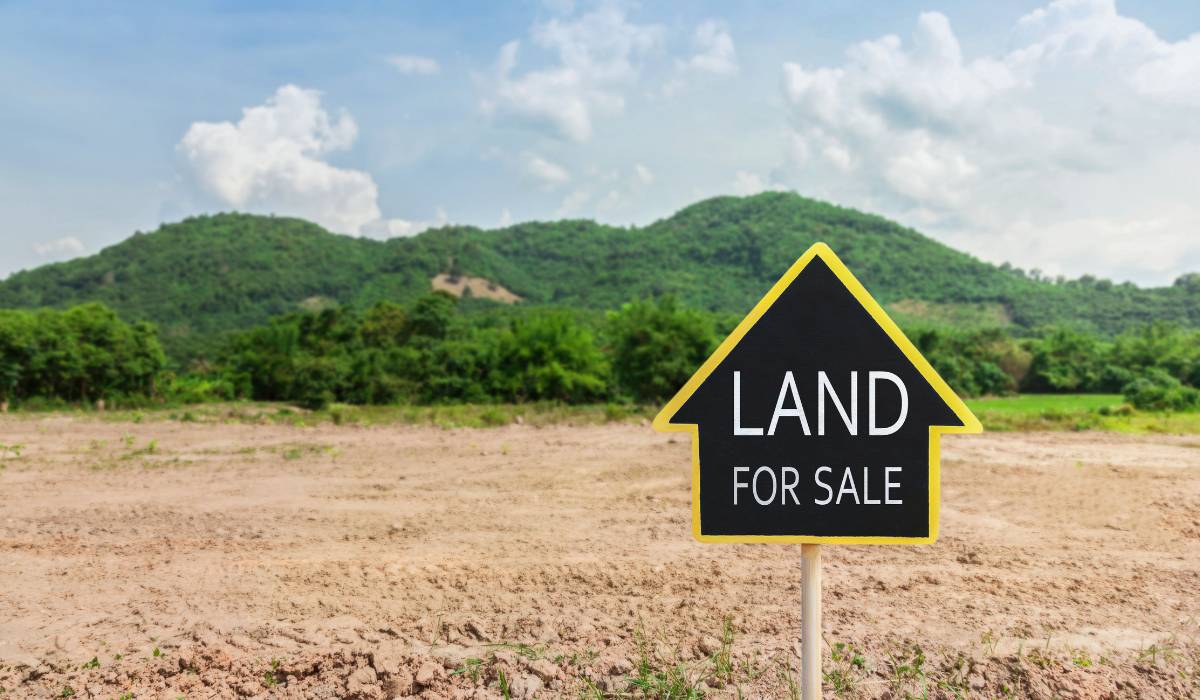Whether you’re eyeing a charming Victorian home in Toronto’s Annex or a sleek new condo in Ottawa, land transfer tax is more than just a line item on your closing documents. In this blog, we’ll explore how it affects both resale and pre-construction properties, who is exempt from buying the tax, and share savvy tips to potentially save some money while paying for the tax.
What is Land Transfer Tax?
Land Transfer Tax in Ontario is a provincial tax levied on the purchase of property. Calculated as a percentage of the property’s purchase price, it is payable by the buyer at the time of closing the transaction. The rate of this tax varies depending on the value of the property, with higher rates applied to more expensive properties.
Calculation of Land Transfer Tax
The tax is calculated using a tiered system:
- 0.5% on the first $55,000
- 1.0% on the amount between $55,000 and $250,000
- 1.5% on the amount between $250,000 and $400,000
- 2.0% on the amount over $400,000
- For properties containing at least one and not more than two single-family residences, an additional 2.5% is levied on the amount over $2 million.
Land Transfer Tax for Resale Properties in Ontario
When buying a resale property in Ontario, the land transfer tax is calculated based on the property’s purchase price. For example, if you purchase a resale home for $500,000, the LTT (land transfer tax) would be calculated as follows:
- 0.5% on the first $55,000 = $275
- 1.0% on the next $195,000 = $1,950
- 1.5% on the next $150,000 = $2,250
- 2.0% on the remaining $100,000 = $2,000
- Total LTT = $6,475

Land Transfer Tax for Pre-Construction Properties in Ontario
When it comes to pre-construction properties, such as new builds or condos under construction, the calculation is slightly different. Here, the tax is based on the total consideration paid, which includes the purchase price plus any upgrades or extras. For example, if the base price of a new condo is $400,000 and you spend an additional $50,000 on upgrades, the tax would be calculated on the total amount of $450,000.
Exemptions from Land Transfer Tax
Certain individuals and transactions are exempt from paying the land transfer tax in Ontario. These include:
- First-time homebuyers: can receive a refund of up to $4,000, effectively covering the full tax on properties up to $368,000,
- Transfers between spouses is subject to complete exemption,
- Certain transfers of farmland between family members, and
- Transfers of a principal residence to a trust for a beneficiary who is a spouse or child
Strategies to Minimize or Avoid Land Transfer Tax
While completely avoiding the land transfer tax is not typically possible, there are strategies to minimize its impact:
- First-Time Homebuyer Rebate: If you qualify as a first-time homebuyer, ensure you apply for the rebate to reduce or eliminate your liability.
- Consider Property Value: Since the tax is based on the property’s value, purchasing a less expensive property can result in lower tax.
- Family Transfers: If applicable, utilize family transfer exemptions to avoid the tax on certain transactions.
The Land Transfer Tax in Ontario is a major cost associated with buying property, so you will have to keep funds on the side to pay at closing. For more home buying advice, follow Realtor Catherine Nacar.

